What game studios might Microsoft actually buy?
Microsoft's lineup is weak. Here we look at the developers it could realistically (and not so much) acquire to fix the problem.
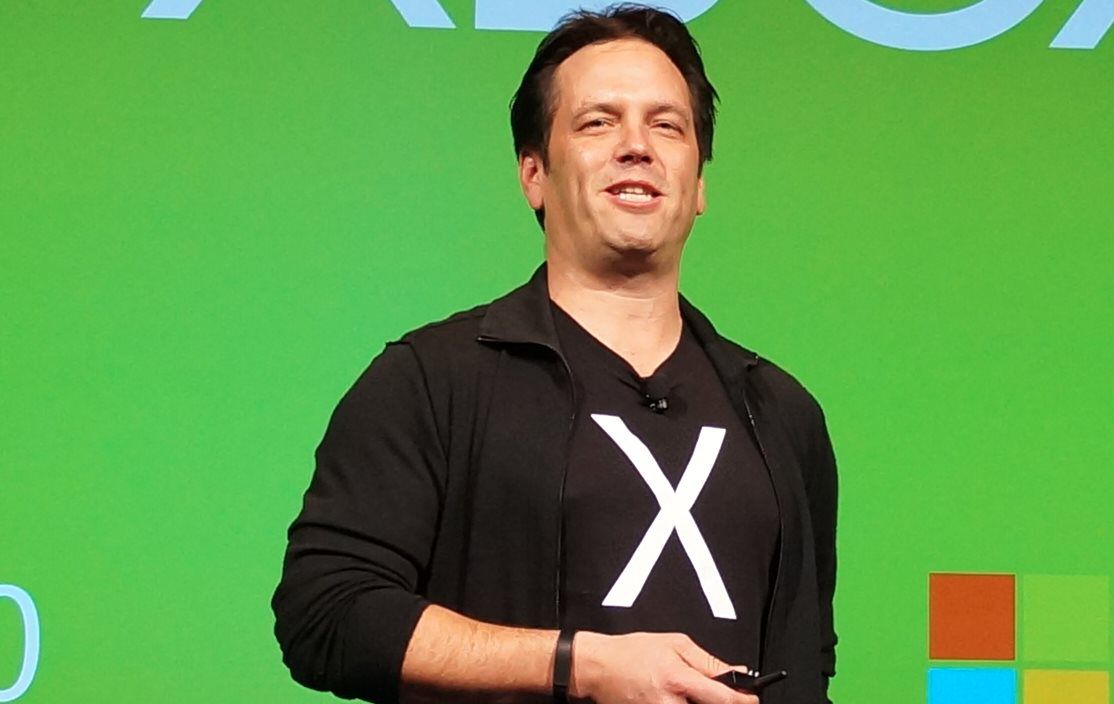
Microsoft is on the prowl. Xbox boss Phil Spencer said in November of last year that the Redmond behemoth is looking to improve its ability to "create content"—which is to say, to increase its first-party games output. One quick-and-easy way of doing that is to hoover up studios or publishers, and rumors of potential buyouts, some wild and others more grounded, quickly surfaced following the proclamation.
Microsoft's primary goal is to make up ground against Sony, whose first-party oriented approach to the PlayStation 4 console has served it well. But Microsoft's "ecosystem" approach to the Xbox makes the matter relevant to those of us who call PC home too. Microsoft has had mixed luck with internal studios—for every Turn 10, a Lionhead—and so watching how the future unfolds for whichever studio ends up in its grasp will be interesting in its own right. But any big studio purchase could send massive ripples throughout gaming: Imagine, if you will, Cyberpunk 2077 as a Windows Store exclusive for PC. Try not to faint.
So we're Microsoft. We're bored. We've got the car keys, a few bazillion dollars in our purse, and a powerful urge for something shiny and new. Let's go shopping.
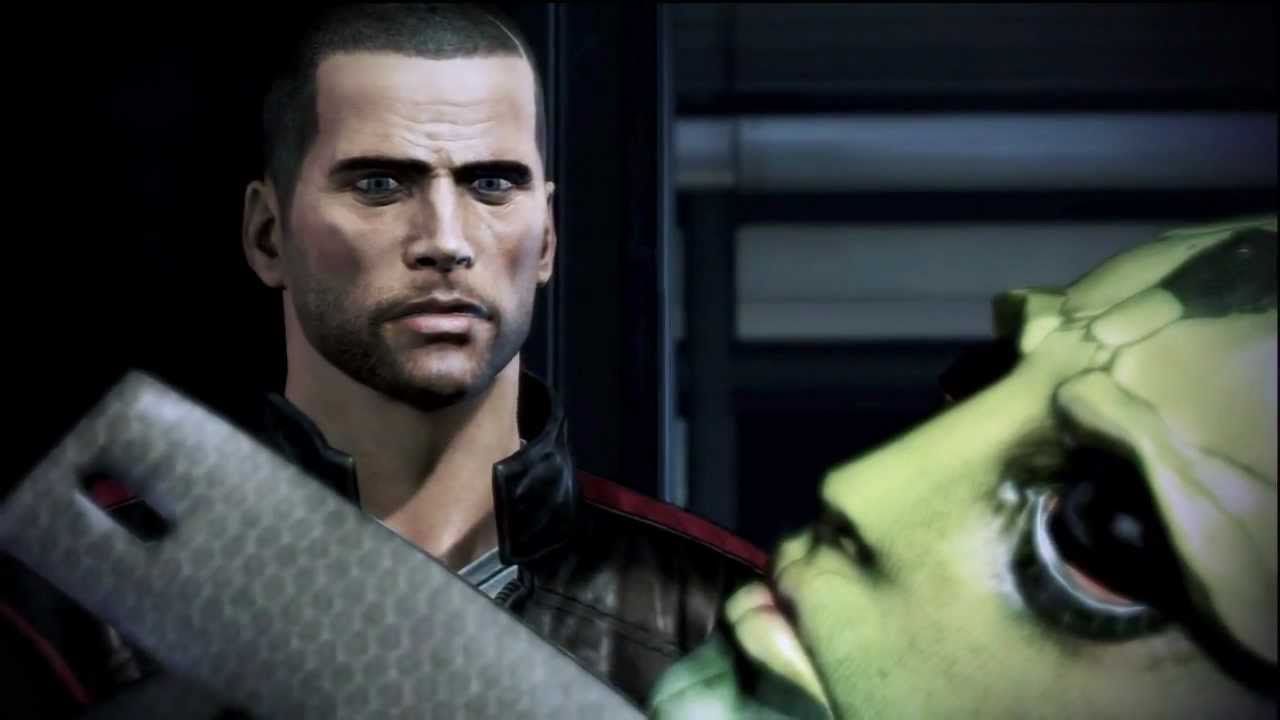
Bioware
A rumour about Microsoft buying EA made the rounds recently, but what if Microsoft would rather take smaller bites? The BioWare name still carries some weight, but Dragon Age is faded and the Mass Effect: Andromeda flop took a real toll. Meanwhile, the exclusive Star Wars license that was supposed to be a crowning achievement for EA is looking more and more like an albatross, and that may have it looking for a quick out if Anthem stumbles when it launches. There's a little bit of history there, too: Mass Effect was originally an Xbox 360 exclusive. It's a tenuous link, yes, but Microsoft has published a Bioware game before.
The bigger question is: would EA ever part with Bioware? Given its long history of closing studios and little history of selling them, that seems unlikely.
Odds: 3/10. Nobody gets out of EA alive.
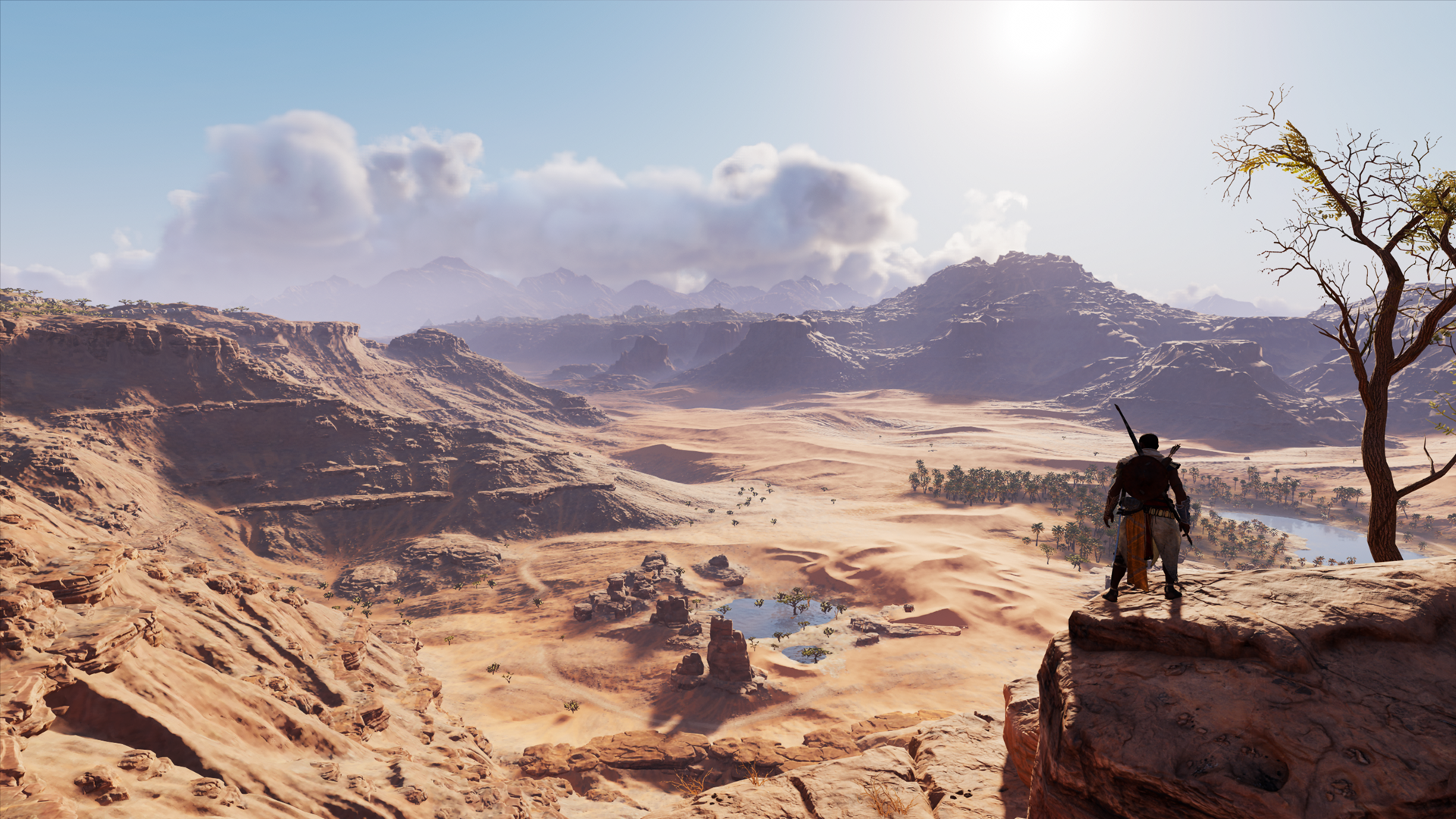
Ubisoft
This would be a real coup. Ubisoft has well-established franchises between Assassin's Creed, The Division, For Honor, and Watch Dogs, and a legitimate esports sleeper in Rainbow Six Siege. It also has the Ubisoft Store, which isn't exactly Steam but brings a lot more credibility to the table than Microsoft's current storefront. Ubisoft is an all-in-one solution, if it can be taken alive.
The biggest gaming news, reviews and hardware deals
Keep up to date with the most important stories and the best deals, as picked by the PC Gamer team.
Therein lies the risk: The Guillemot gang fought like hell when Vivendi tried to claim it, and there's no reason to think they wouldn't do the same if Microsoft comes a-knockin'. And even if Microsoft does get a deal done, there's no guarantee that critical Ubisoft leadership and creative talent will stick around. But as a turnkey solution, Ubisoft offers more credibility (or at the very least is less actively disliked right now) than EA at a lower cost, and a more flexible and comprehensive (and less Rockstar-reliant) solution than Take-Two. Any major publisher takeover would be fraught with risk and immense complications, but if Microsoft is going to make a play for one, my bet is that it'll be Ubi.
Odds: 6/10 now, 7.5/10 in a year when the bugs are fixed.
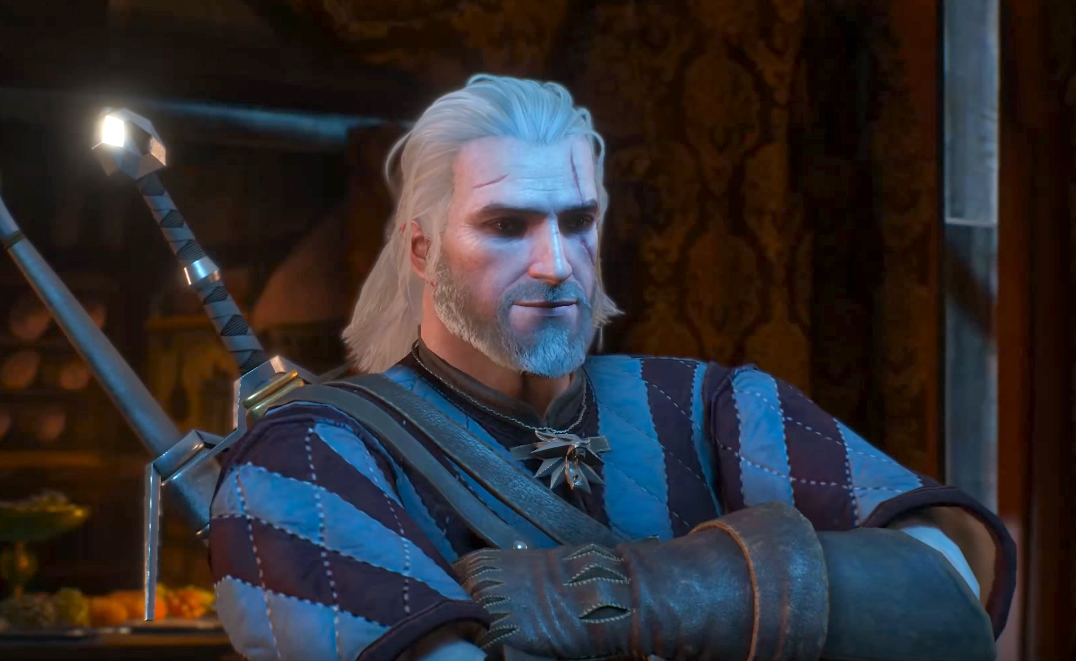
CD Projekt
CD Projekt doesn't have the variety of Ubisoft, but it does have unparalleled credibility with gamers. The Witcher is one of the biggest RPG franchises of all time, Cyberpunk 2077 is one of the most anticipated games to come along in years, and Gwent is a great "in" to the competitive gaming scene, with a demanding but dedicated audience and boundless room for growth. Ironically, the real jewel in CD Projekt's crown is the element that's likely of least value to Microsoft: GOG is the one non-Steam digital storefront that people seem to like, but its DRM-free take on digital game sales is the polar opposite of Microsoft's ultra-controlled approach. If we're lucky, Microsoft spins it off; if not, well, it was fun while it lasted.
In broad strokes, a CD Projekt acquisition would reflect Microsoft's successful Mojang deal: Unexpected, expensive as hell, and needing a largely hands-off approach in order to work. But it's also riskier. The Witcher and Cyberpunk obviously don't have the universal appeal of Minecraft, and they also don't really exist: CD Projekt has repeatedly said that Geralt's adventures are over and Cyberpunk at this point is nothing but hype. There's also the real danger that key creative staff would leave. But if all somehow went well, a CD Projekt pickup would give Microsoft a degree of console exclusivity clout that it's currently lacking.
Odds: 2/10, because no matter how Microsoft twists and turns, Geralt's Wild Fantasy Sexcapades: Education Edition just is not something that's going to happen.
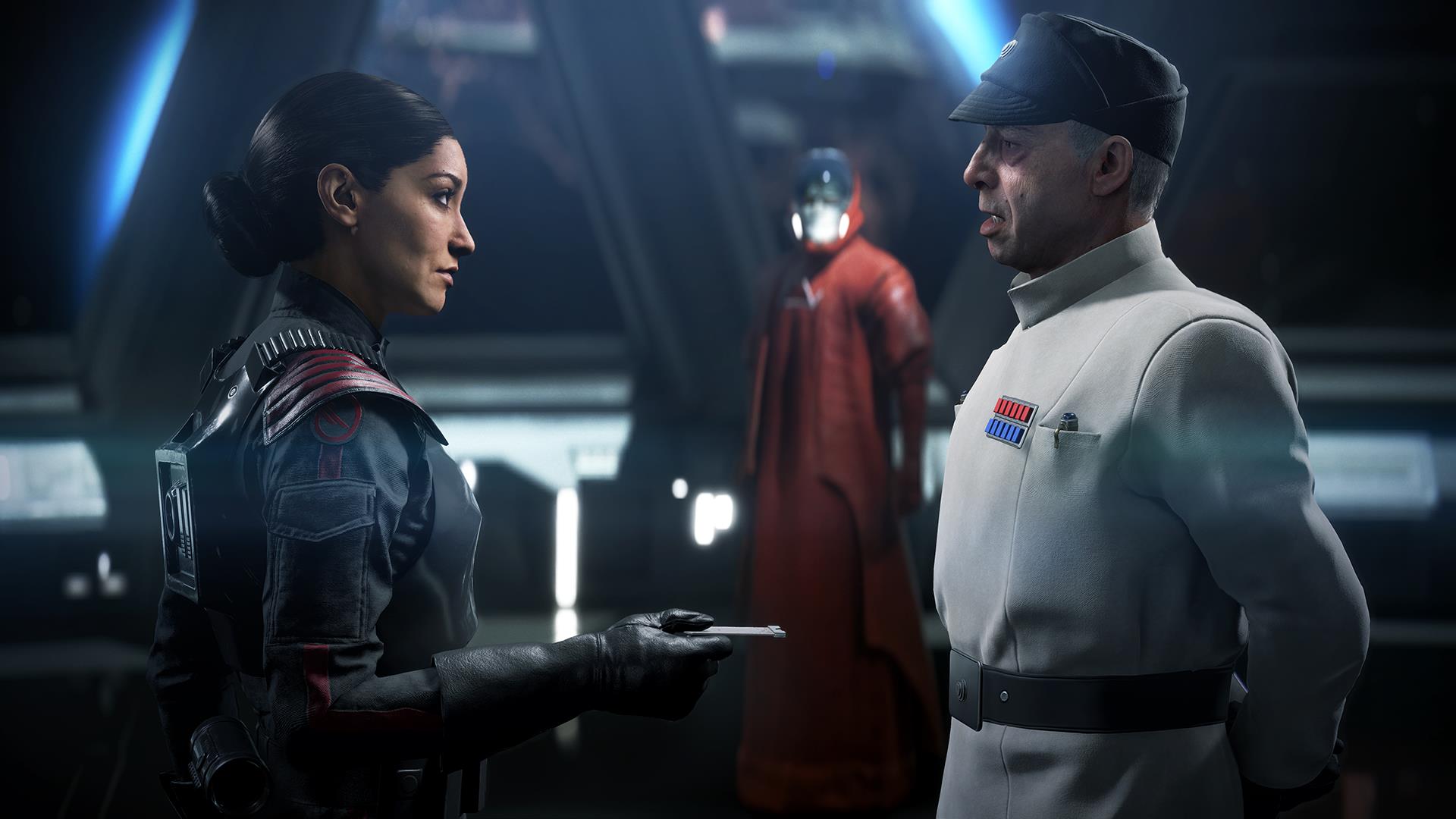
Electronic Arts
This is a rumor that surfaced last month, but it’s not a good fit. EA has a big list of desirable properties in its stable, but there’s a lot of chaff to deal with as well that doesn’t bring any immediate and obvious benefit to the deal. More importantly, Microsoft can score points against Sony simply by entering into exclusive publishing deals for games developed elsewhere. And as Michael Pachter told Polygon in January, much of EA’s value comes from being a multiplatform publisher, which would go immediately out the window in the case of a Microsoft acquisition. EA is simply too valuable as it is to risk messing with it.
Odds: About as likely as a pregnant Krogan—you'll probably hear lots of noise but it ain't gonna happen.
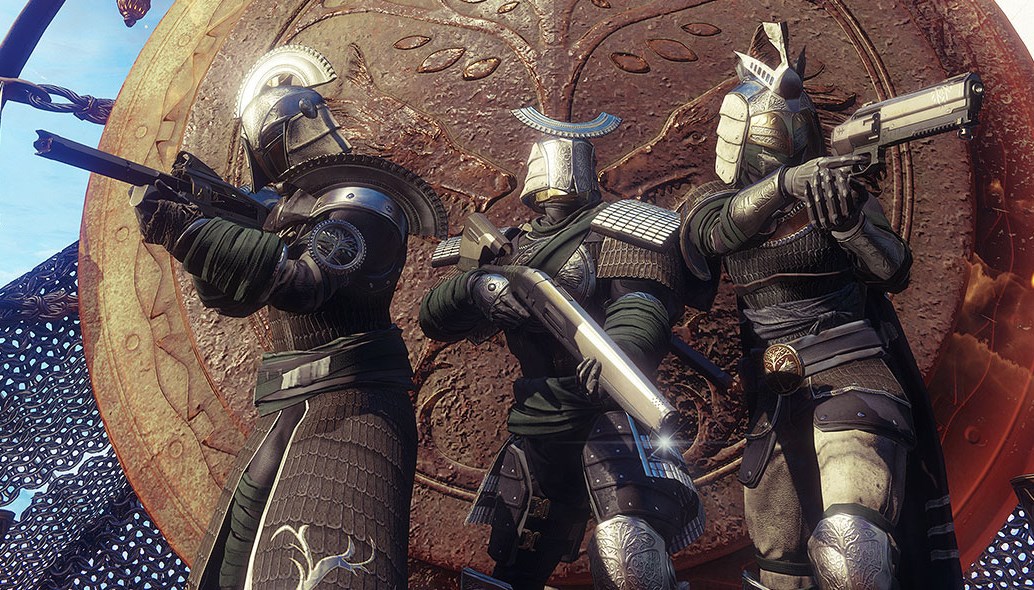
Bungie... again
More than a decade after escaping Microsoft's grasp, would Bungie be willing to return? It's a universal truth that everyone has a price, and Microsoft can afford to foot some pretty hefty bills. Reuniting Bungie with Halo would be a big PR coup, and—in an ideal world—would afford Bungie the resources required to build a fully-scoped Destiny-like game in the Halo universe. Reboot, sequel, stand-alone alt-universe, whatever approach they took, Microsoft could end up with one of the biggest, most visible, and most viable FPS games on the planet if all the pieces come together properly.
Bungie split with Microsoft for a reason, but it didn't appear to be a particularly acrimonious parting, and while there are a lot of good things to be said for freedom, the seas of independence haven't been entirely smooth. A Mojang-like arrangement of semi-autonomy might go a long way toward convincing Bungie to kiss the ring. But there's a big stumbling block to overcome, in the form of Bungie's contract with Activision. As detailed by the LA Times, that contract covers four games, plus DLC of varying types for each, with a tentative release schedule running through 2020. Contracts can be bought out, but you can bet that this one wouldn't come cheaply.
Odds: 7/10, not because of any supporting evidence, I just happen to think it's a good idea.
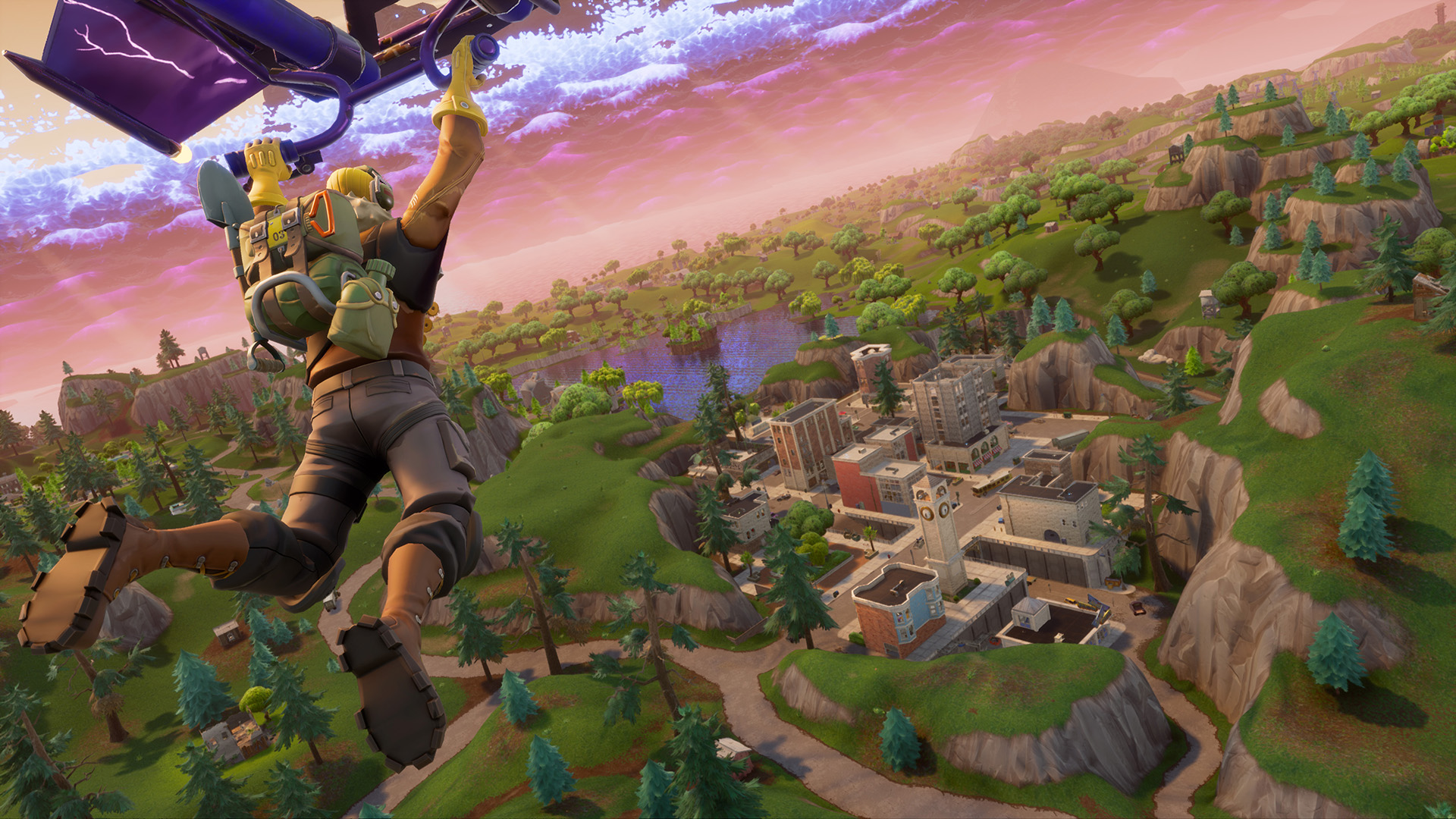
Epic Games
Microsoft took Gears of War off Epic's hands a few years ago, and reuniting game with studio has obvious publicity value. But what really makes this attractive is the popular and powerful Unreal Engine, which Microsoft could license (or not) as it sees fit, and Fortnite Battle Royale, the multiplatform battle royale game that's growing large in PUBG's rear-view mirror. The combination of a ubiquitous technology and a killer app makes Epic a tempting target, and Epic could certainly use the resources that Microsoft would bring to a deal. As a side bonus, it's an opportunity to convince Tim Sweeney that UWP doesn't actually suck. (Or, conversely, Sweeney could convince Microsoft that it does suck, and that it's time to let it go.)
Odds: 5/10. They're never going to convince Sweeney that UWP doesn't suck.

Studio MDHR
Cuphead sold more than a million copies on PC alone, and more importantly demonstrated an impressive and unwavering commitment to artistry. Microsoft clearly believed in the game, helping fund its production. Buying MDHR would be a relatively small move, but even so these guys would make an impressively glittery jewel in the “Exclusive to Xbox” crown.
Odds: 6/10, because if Microsoft doesn't Sony probably will.
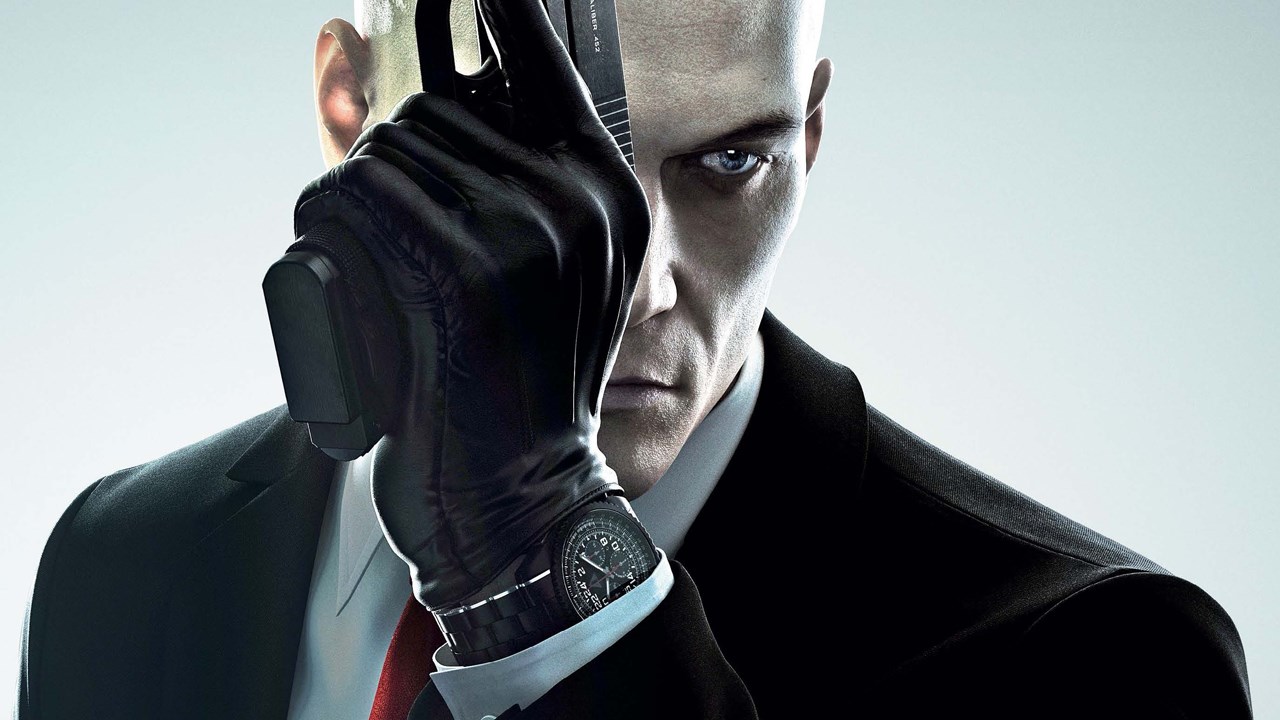
IO Interactive
Hitman is an outstanding example of a game that’s both a compelling single-player experience and an effective live game. It also seems like a small miracle that developer IO Interactive retained rights to the series after parting way with former owner Square Enix and going independent. IO might feel a little twitchy about falling under the sway of a new corporate overlord, but with the proper resources and support, Hitman could be rebuilt into a Tomb Raider-sized flagship franchise, and give Microsoft a deep game with a strong PC fanbase.
Odds: 5/10. Could go either way, but if they blow it they don't get to try again.
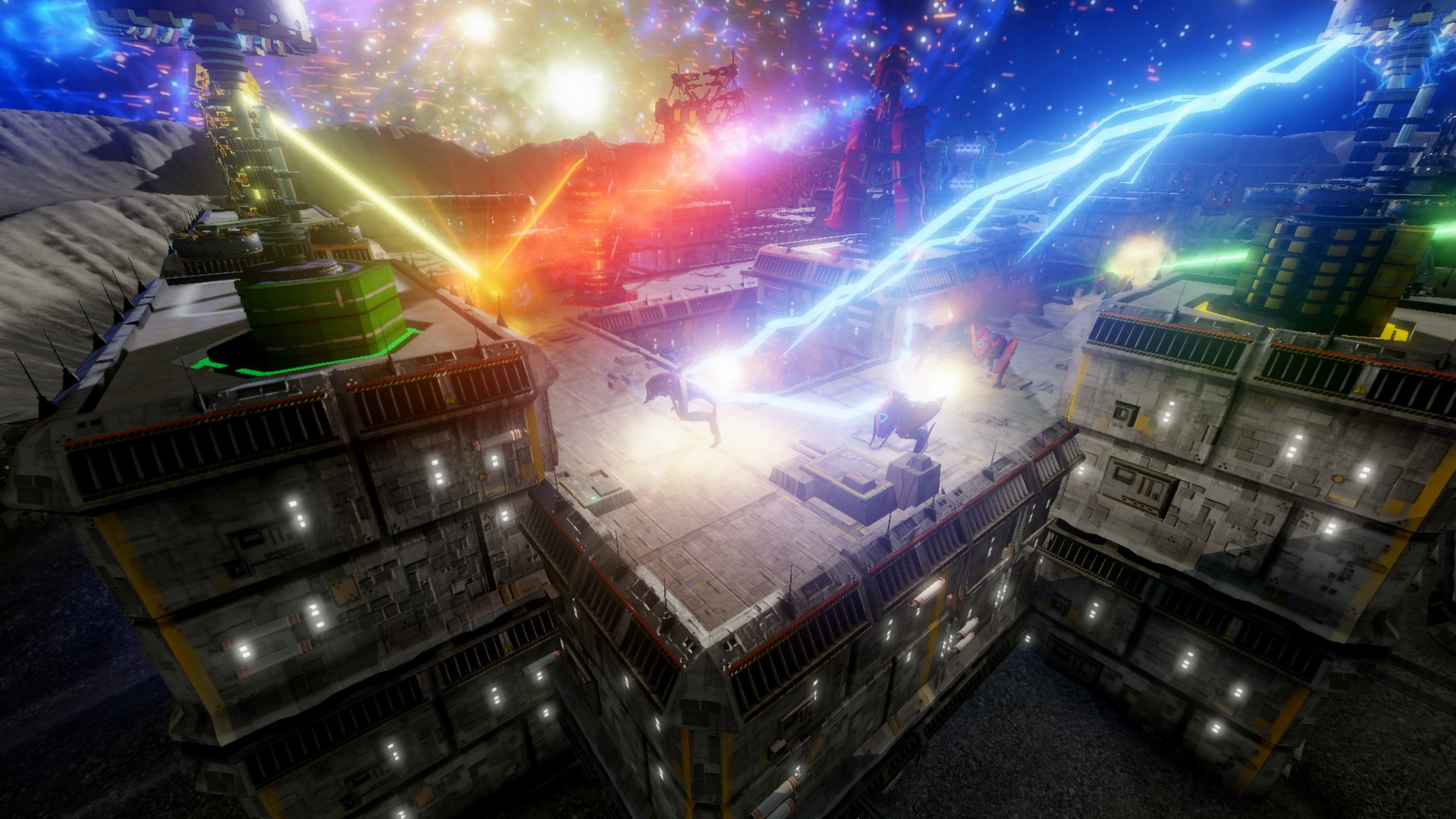
Hidden Path Entertainment
Hidden Path is a winner for convenience if nothing else. The studio behind Defense Grid is based in Bellevue, Washington, which makes it practically a next-door neighbor anyway, and it was responsible for the HD remake of Age of Empires 2 in 2013. That’s maybe not the most compelling reason in the world to acquire a game studio, but it’s literally, like, right there.
Odds: 8/10. I mean it is right freakin' there.
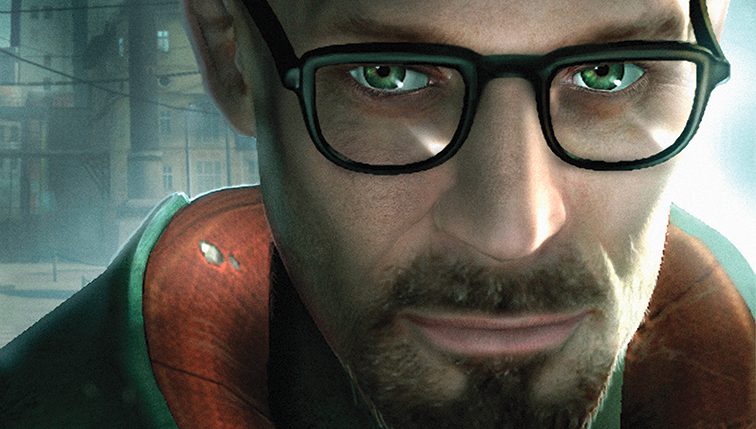
Valve
Gabe Newell is a former Microsoft guy, but he's been out for more than 20 years, which almost certainly means that any familial connection he may have felt at one point is long gone. He's also one of the richest people in America (literally), so there's no financial incentive that Microsoft can dangle, and a hostile takeover is complicated by the fact that Valve is a privately-held company.
And without wanting to sound mad about Half-Life 3 (which, for the record, I am not), Microsoft is (in our speculative considerations, at least) in the market for a game studio, which—sorry, everyone—Valve really isn't these days. Its most recent "real" game was Dota 2, and believe it or not that came out five years ago. Valve has dabbled in a number of different, interesting things—Steam Machines, VR—and maybe there's a technological hook in there that Microsoft finds appealing, particularly if it's serious about the "Xbox ecosystem," and not just looking to move consoles. None of which really matters anyway if Newell doesn't want to sell—and there's no indication that he does.
Odds: You'll play Half-Life 3 before you read about this in the news.

Andy has been gaming on PCs from the very beginning, starting as a youngster with text adventures and primitive action games on a cassette-based TRS80. From there he graduated to the glory days of Sierra Online adventures and Microprose sims, ran a local BBS, learned how to build PCs, and developed a longstanding love of RPGs, immersive sims, and shooters. He began writing videogame news in 2007 for The Escapist and somehow managed to avoid getting fired until 2014, when he joined the storied ranks of PC Gamer. He covers all aspects of the industry, from new game announcements and patch notes to legal disputes, Twitch beefs, esports, and Henry Cavill. Lots of Henry Cavill.

